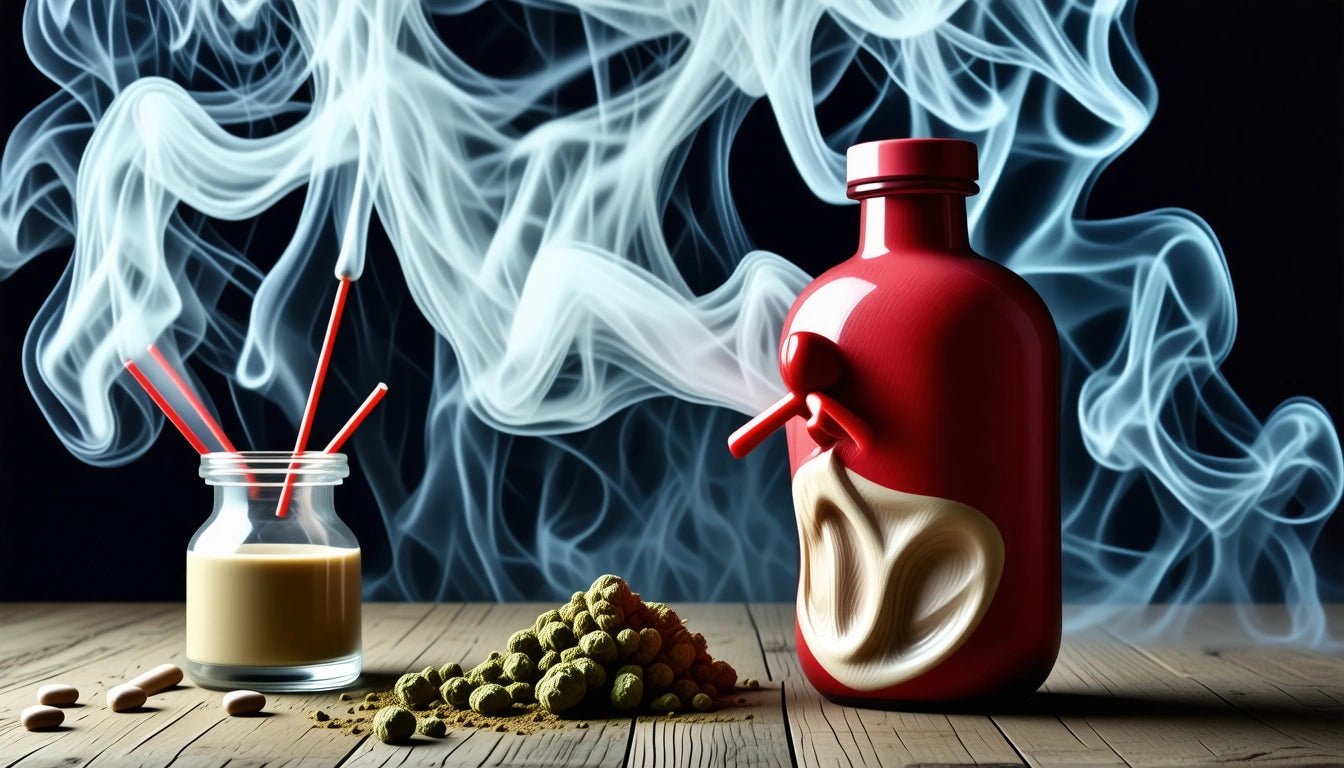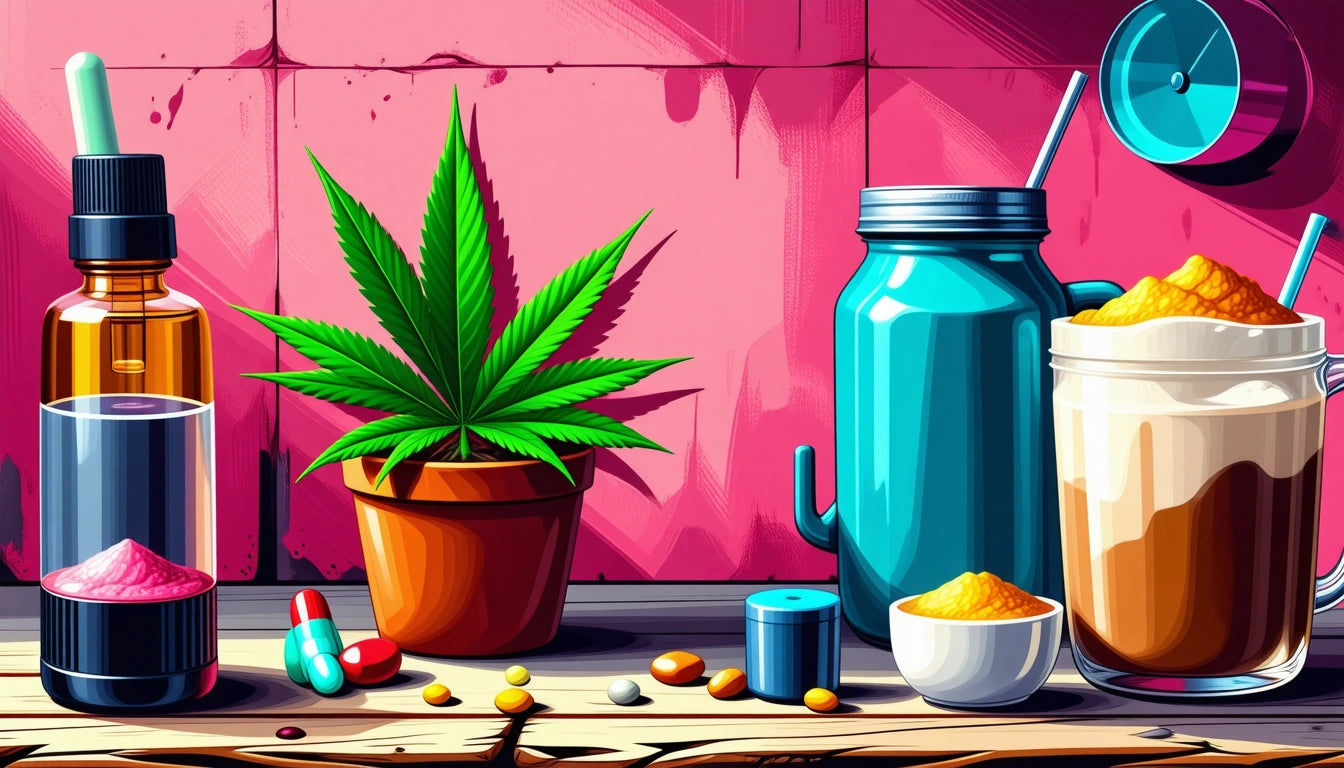Table of Contents
- What is Smoking Dope: Defining the Term
- The Evolution of 'Dope' as Cannabis Slang
- Cultural Context and Regional Variations
- Common Consumption Methods Associated with 'Smoking Dope'
- Health Considerations and Comparisons
- Preservation and Freshness Factors
- The Future of Cannabis Terminology in a Changing Landscape
Understanding the Meaning of Smoking Dope
The phrase "smoking dope" has evolved significantly throughout history, carrying different connotations depending on era, location, and cultural context. This comprehensive guide explores what smoking dope means, how the terminology has shifted over time, and its place in contemporary cannabis culture.
What is Smoking Dope: Defining the Term
At its core, "smoking dope" refers to the act of consuming cannabis through inhalation. The term "dope" itself has been used to describe various substances throughout history, but in modern parlance, it most commonly refers to marijuana or cannabis. Understanding what smoking dope means requires recognizing that this slang term emerged decades ago and has persisted despite the evolution of more specific cannabis terminology.
The phrase gained particular prominence during the 1960s and 1970s counterculture movement, when cannabis use became more widespread among young Americans. Today, while still recognized, the term is often considered somewhat dated compared to more contemporary terms like "smoking weed" or "using cannabis."
The Evolution of 'Dope' as Cannabis Slang
The word "dope" has a fascinating linguistic journey. Originally derived from the Dutch word "doop," meaning "sauce" or "dip," it evolved to describe various substances:
- 1800s: Referred to thick liquids or sauces
- Early 1900s: Became associated with opium
- Mid-1900s: Shifted primarily to cannabis
- 1980s-1990s: Sometimes used for heroin in certain regions
- 2000s-Present: Predominantly refers to cannabis, though also used as general slang for "excellent" or "cool"
This evolution demonstrates how cannabis terminology adapts to cultural shifts. As noted in our guide to cannabis slang and symbolism, terminology often reflects both generational and regional differences.
Cultural Context and Regional Variations
What does smoking dope mean varies significantly across different communities and regions. In some areas, particularly among older generations, it remains a common term for cannabis use. In others, especially in regions with legal cannabis markets, the term has largely been replaced by more specific terminology.
Regional variations include:
- West Coast USA: Less common, replaced by "smoking weed" or strain-specific terms
- Southern USA: Still relatively common in casual conversation
- International: Varies widely, with some English-speaking countries using "dope" to refer to completely different substances
Common Consumption Methods Associated with 'Smoking Dope'
Traditionally, smoking dope referred specifically to combusting cannabis flower in papers, pipes, or bongs. However, as consumption methods have diversified, the phrase has sometimes expanded to encompass other inhalation methods. Modern alternatives include:
Vaporization, which offers potential harm reduction compared to smoking, as explored in our article on comparing health effects of different consumption methods.
Dabbing, which involves flash-vaporizing concentrated cannabis extracts. Our resource on dabbing vs. smoking provides a deeper comparison of these methods.
Health Considerations and Comparisons
When discussing what smoking dope means in a health context, it's important to understand the distinctions between cannabis smoking and tobacco smoking. While both involve combustion, the frequency of use and chemical composition differ significantly.
Research suggests that cannabis smoke contains some of the same carcinogens as tobacco smoke, but the health outcomes appear different. For a detailed breakdown, our article on comparing weed and tobacco effects offers evidence-based insights.
For those concerned about respiratory health, alternatives to smoking include:
- Edibles and tinctures
- Vaporizers and electronic devices
- Topicals for localized relief
These alternatives, covered in our guide to smoking alternatives, provide options for those who want the benefits of cannabis without combustion.
Preservation and Freshness Factors
Understanding what smoking dope means also involves knowing how to maintain the quality of cannabis. Proper storage significantly impacts potency, flavor, and overall experience. Humidity control is particularly crucial, as cannabis that's too dry burns too quickly and harshly, while excess moisture can lead to mold growth.
Many consumers are now using specialized humidity control products to maintain optimal moisture levels in their stored cannabis. These two-way humidity regulators help preserve terpenes and cannabinoids, ensuring a consistent experience whether you're using fresh cannabis or accessing your stored supply.
The Future of Cannabis Terminology in a Changing Landscape
As cannabis continues to gain legal status in more regions, terminology is evolving toward more precise, less stigmatized language. Medical and scientific terms are gradually replacing slang in professional and retail contexts. This shift reflects broader societal changes in how cannabis is perceived and discussed.
The phrase "smoking dope" may eventually become primarily historical, representing a specific era in cannabis culture rather than contemporary usage. However, understanding its origins and implications remains valuable for appreciating the rich cultural history of cannabis.
What does smoking dope mean will likely continue to evolve as cannabis becomes further integrated into mainstream society, with new terminology emerging to reflect changing attitudes and consumption patterns. This linguistic evolution mirrors the plant's journey from counterculture symbol to widely accepted therapeutic and recreational substance.











Leave a comment
All comments are moderated before being published.
This site is protected by hCaptcha and the hCaptcha Privacy Policy and Terms of Service apply.